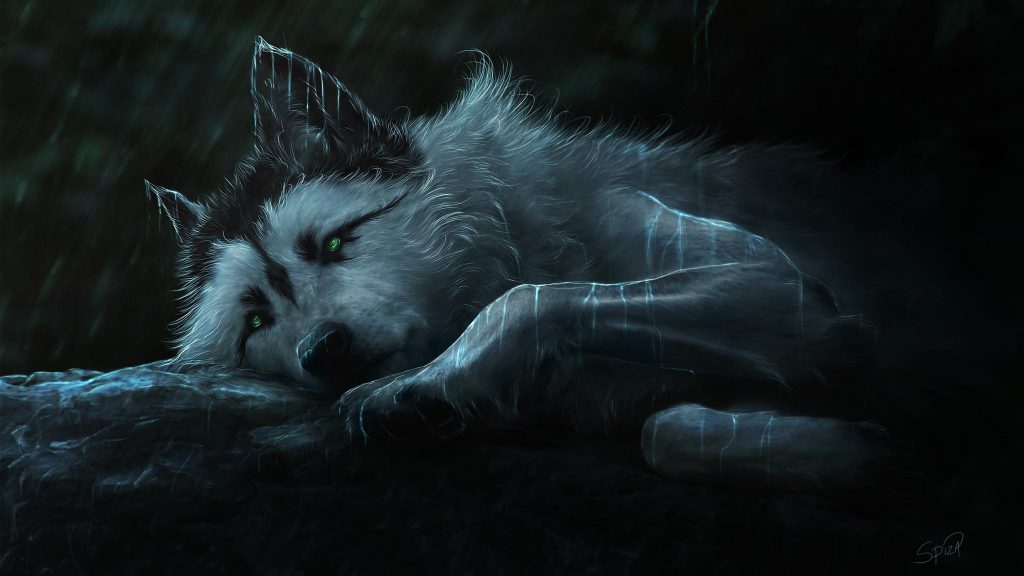
In the archives at Texas University, a piss-poor place to keep the premier California writer’s papers, is a werewolf novel written by a young John Steinbeck. His executors refuse to let it be seen. Early genre fiction affronts them, apparently, which makes them snobs.
Supposedly Steinbeck wrote two other genre, or horror, novels but destroyed them, keeping only Murder At Full Moon.
Isn’t that a title you want to read? I know I do.
It will become public domain in 22 years. Doubt I’ll ever see it but then again I get it’s perfectly good. There is a reason he didn’t destroy it with the others.
I destroyed my juvenilia too, upon marrying, so I can understand the impulse. Still, he kept the one. There must be some good passages at least, a reason he preserved it.
No doubt there are other hidden works by other writers of stature. Poets, painters, composers — anyone dead whose work is now controlled by committee.
Yes, protecting the value of existing work is key. Releasing early work can dilute the reputation or lessen critical status. If all we knew of William Castle’s film productions was ROSEMARY’S BABY we’d consider him one of the greats. This shows the power of culling.
But one novel written when he was starting out set against all Steinbeck accomplished? There’d be no effect, perhaps even renewed interest in all his work. It would be a hook for savvy advertising. Think of it, a werewolf novel by a Nobel Prize winner.
It’s nearly as crazy as a pop singer winning a Nobel.
Except Steinbeck wrote it in his youth as he learned his craft and he wanted it published, so he went with a genre work. That’s sensible for any writer not cultivated by the insular NY literati or Ivy League professors and their pet literary journals. Going the genre route is standard.
Also, look at the wide range of topics and handling found in other works that have won or been nominated for a Nobel Prize or other prestigious literary award. Gabriel Garcia Marquez comes to mind with his Magical Realism, a bandaid term for what genre publishers call Fantasy.
How about Margaret Atwood’s The Handmaid’s Tale? It’s science fiction but shh, don’t let on.
Hemingway’s “The Killers” is hard-boiled noir along the cynical lines of Dashiell Hammett.
My point’s made. It’s prudish to suppress early work by serious writers simply because it’s genre or published under genre market categories. Look at Philip K. Dick, one of the most serious and accomplished philosophical and mystical writers known; all his work appeared not only as science fiction but cheap, schlock mass market paperback science fiction.
Vonnegut worked hard to shake off his early science fiction roots although he used Kilgore Trout to mock Theordore Sturgeon as “the best science fiction writer in the world” — a term in stark contrast to Trout’s inveterate poverty. They depiction explains Vonnegut’s “escape” from the science fiction or genre ghetto: No matter how good a writer’s work might be, and Sturgeon’s is as well-written and brilliant as any, the genre taint keeps you from having your work taken seriously. Vonnegut knew what he was talking about. Ask Maggie Atwood.
Detesting genre doesn’t elevate those academics and critics who strike this pose, it makes them snobs and reveals them as readers unskilled and uncaring, unable to see quality where it’s found rather than being guided by the slapped-on label.
Interestingly, Stephen King embraced the label Horror Writer even though much of his work is anything but horror. He chafed only once the money and fame, the success in movies and the celebrity, wore off. He began craving serious critical assessment. Remarkably, he got it, and when, in 2003, the National Book Foundation gave him what amounted to a lifetime achievement award, granting him a “Medal for Distinguished Contribution to American Letters”. This was a triumphal moment when quality was praised where it was found regardless of genre or publisher’s marketing labels.
Instantly, Harold Bloom, a bitter old academic who’d somehow lost control of being Arbiter Of All Writing of Quality, (a self-granted title), lost his shit, as the saying goes. Threw a fit. Castigated the foundation and King and genre fiction and the idiocy of everyone else but him.
This amused five people and everyone else kinda missed it, and King remains an honored, celebrated, and superb writer to this day.
Maybe quality can win out. Just not a Steinbeck werewolf novel.
///



